Human Nature
With an extraordinary new technology called CRISPR, we can now edit DNA—including human DNA. But how far should we go? Gene-editing promises to eliminate certain genetic disorders like sickle cell disease. But the applications quickly raise ethical questions. Is it wrong to engineer soldiers to feel no pain, or to resurrect an extinct species?
Previews + Extras

How CRISPR Works in Nature
S47 E11 - 3m 24s
Discover how it works in bacterial cells and how it can be applied to other forms of life—including humans.

CRISPR Gene-Editing Reality Check
S47 E11 - 19m 13s
Scientists are beginning to use CRISPR gene-editing technology to treat diseases and alter the human genome. But as research advances, the ethical dilemmas multiply. Which illnesses—and traits—should be eliminated from the human experience?

Human Nature Preview
S47 E11 - 28s
With an extraordinary new technology called CRISPR, we can now edit DNA—including human DNA. But how far should we go? Gene-editing promises to eliminate certain genetic disorders like sickle cell disease. But the applications quickly raise ethical questions. Is it wrong to engineer soldiers to feel no pain, or to resurrect an extinct species?

Human Nature Sneak Peek
S47 E11 - 2m 8s
With an extraordinary new technology called CRISPR, we can now edit DNA—including human DNA. But how far should we go? Gene-editing promises to eliminate certain genetic disorders like sickle cell disease. But the applications quickly raise ethical questions. Is it wrong to engineer soldiers to feel no pain, or to resurrect an extinct species?

Living with Sickle Cell Anemia
S47 E11 - 3m 22s
Gene-edited babies could be free of sickle cell anemia. David Sanchez, a teen with the disease, shares his thoughts on living with sickle cell—and a possible future without it.

The "Holy Grail of Yogurt" is CRISPR
S47 E11 - 4m 1s
Bacteria use CRISPR to defend themselves from viruses. Here's how researchers have used it to benefit yogurt cultures since 2007.
Similar Shows
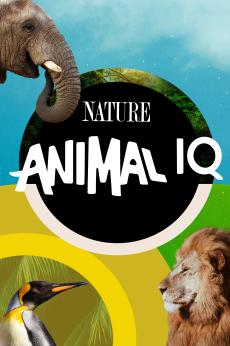
Animal IQ
Science and Nature
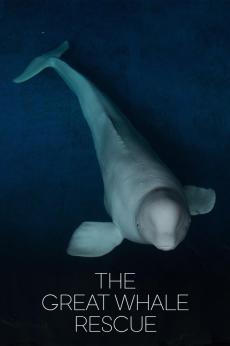
The Great Whale Rescue
Science and Nature

Autumnwatch New England
Science and Nature

DOODLES AND DIGITS: How It's Math
Science and Nature
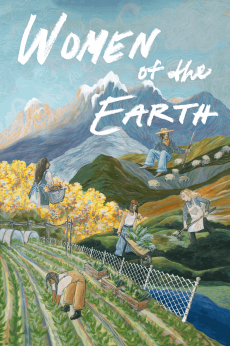
Women of the Earth
Science and Nature

The Yorkshire Vet
Science and Nature

Insecta: Science that Stings
Science and Nature
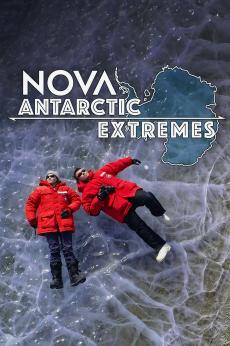
Antarctic Extremes
Science and Nature
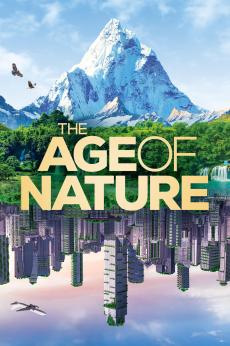
The Age of Nature
Science and Nature

Chesapeake Bay by Air
Science and Nature
WETA Passport
Stream tens of thousands of hours of your PBS and local favorites with WETA Passport whenever and wherever you want. Catch up on a single episode or binge-watch full seasons before they air on TV.